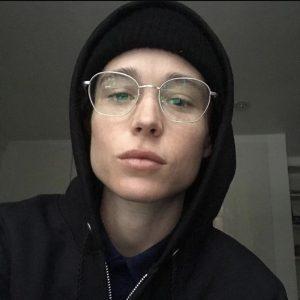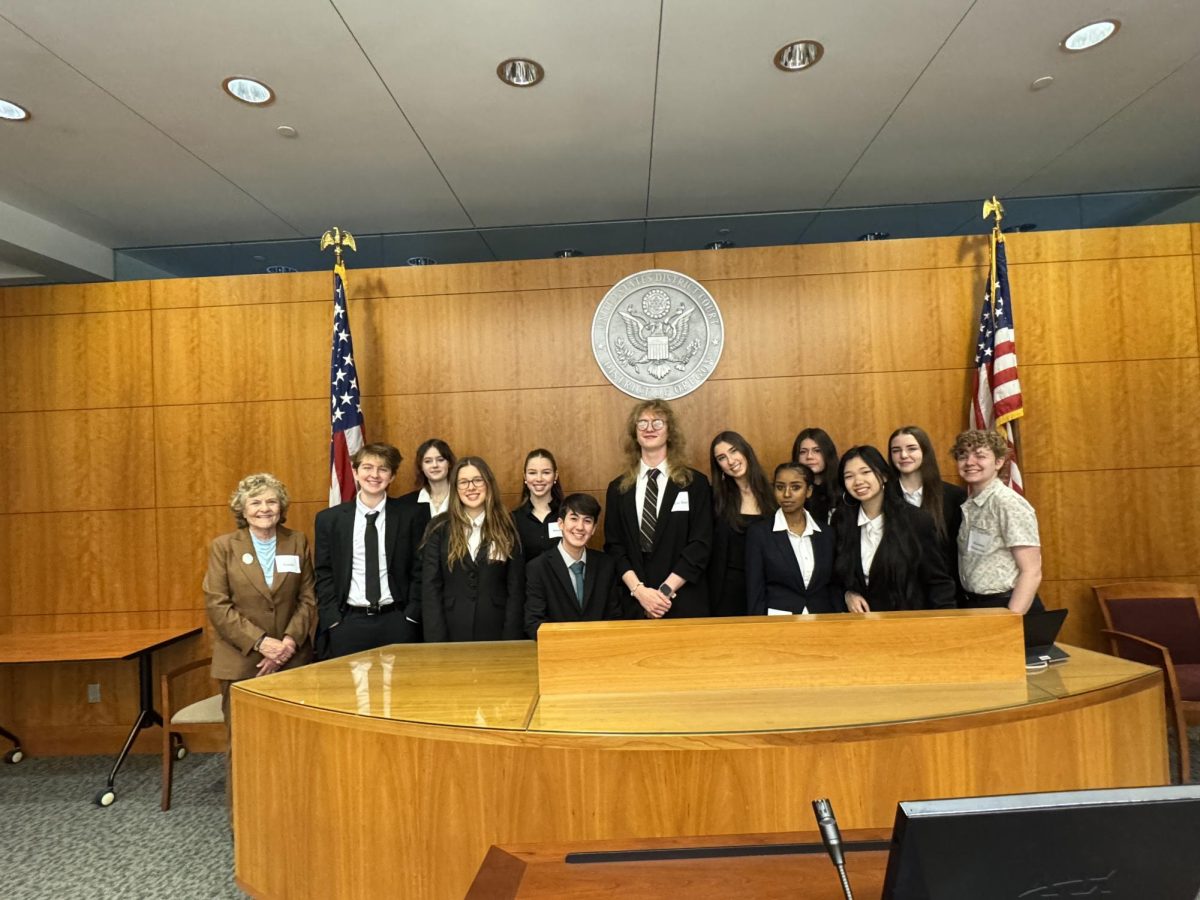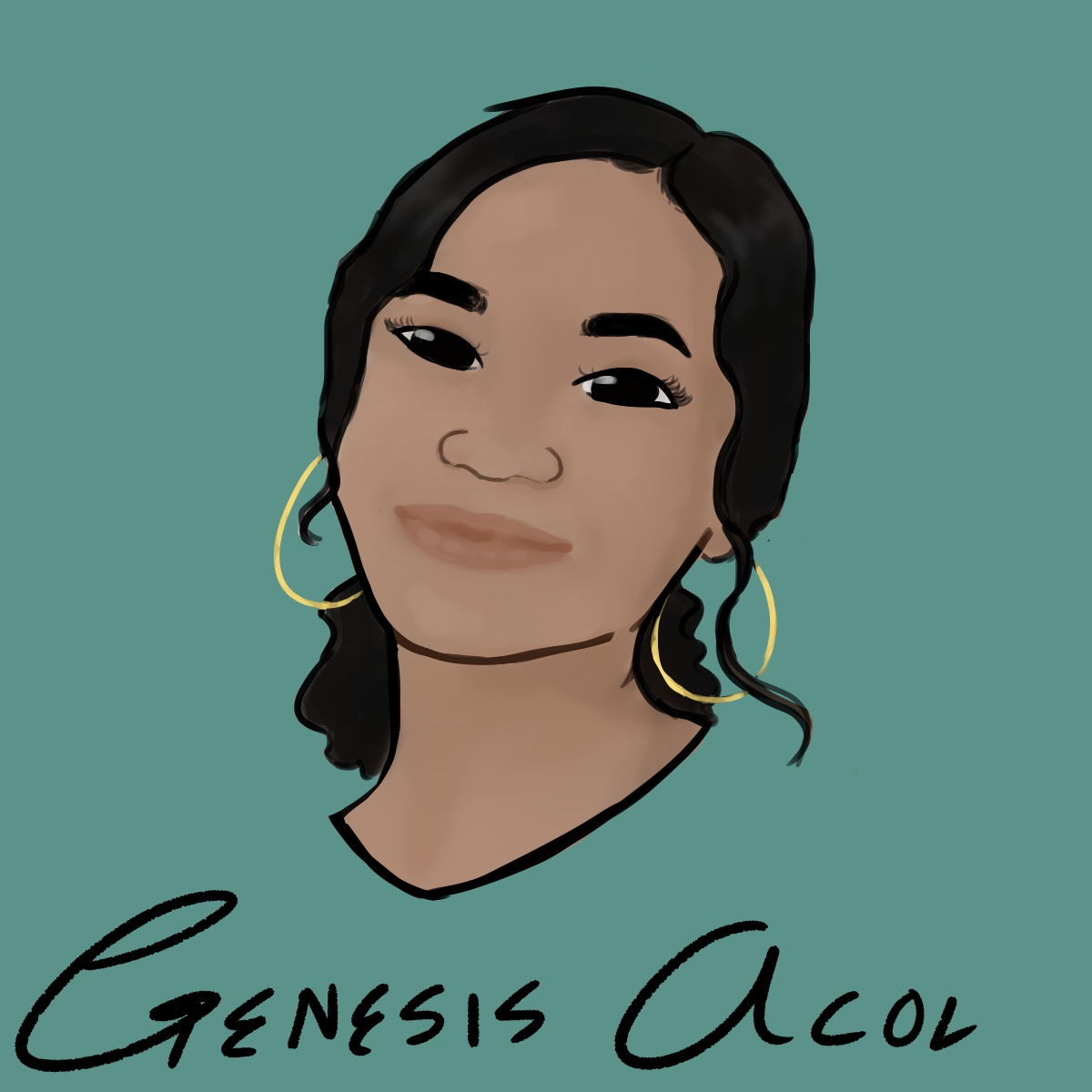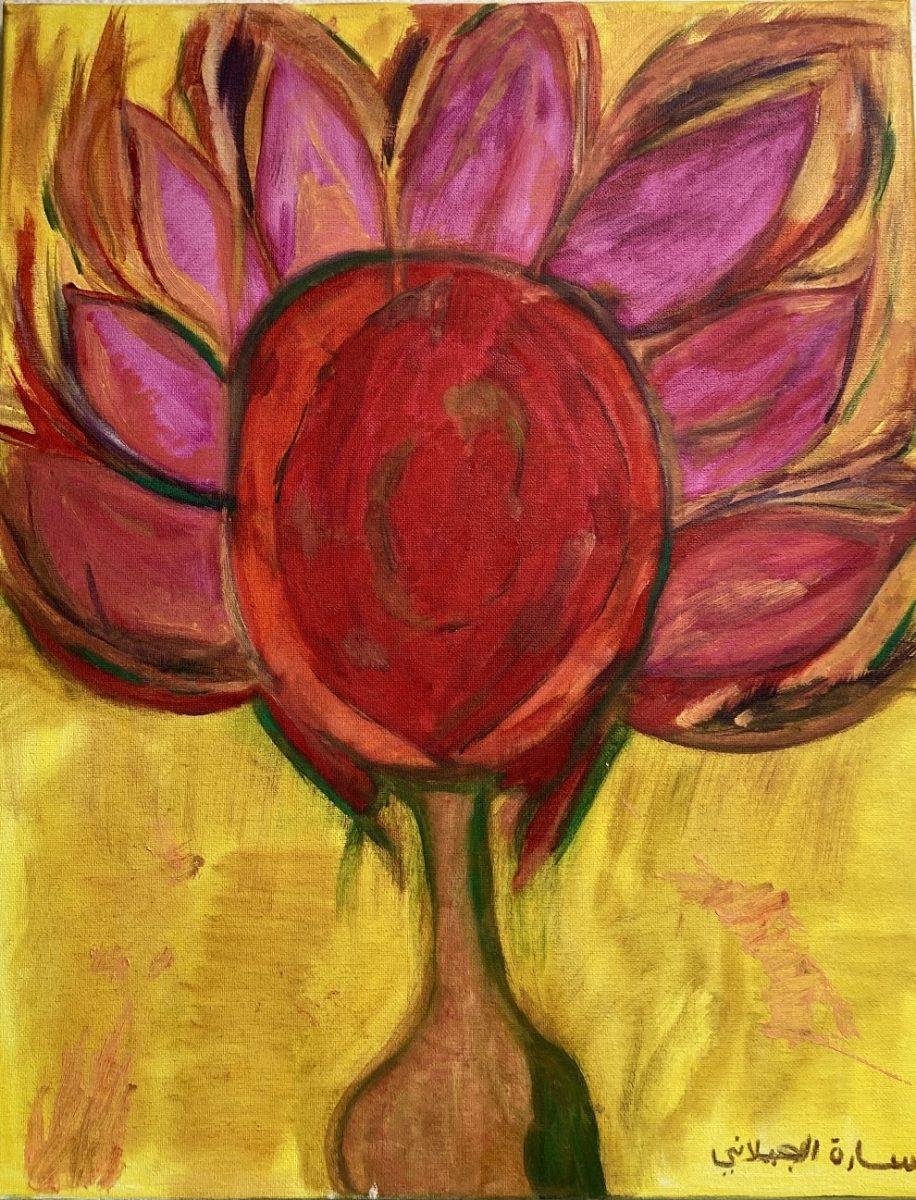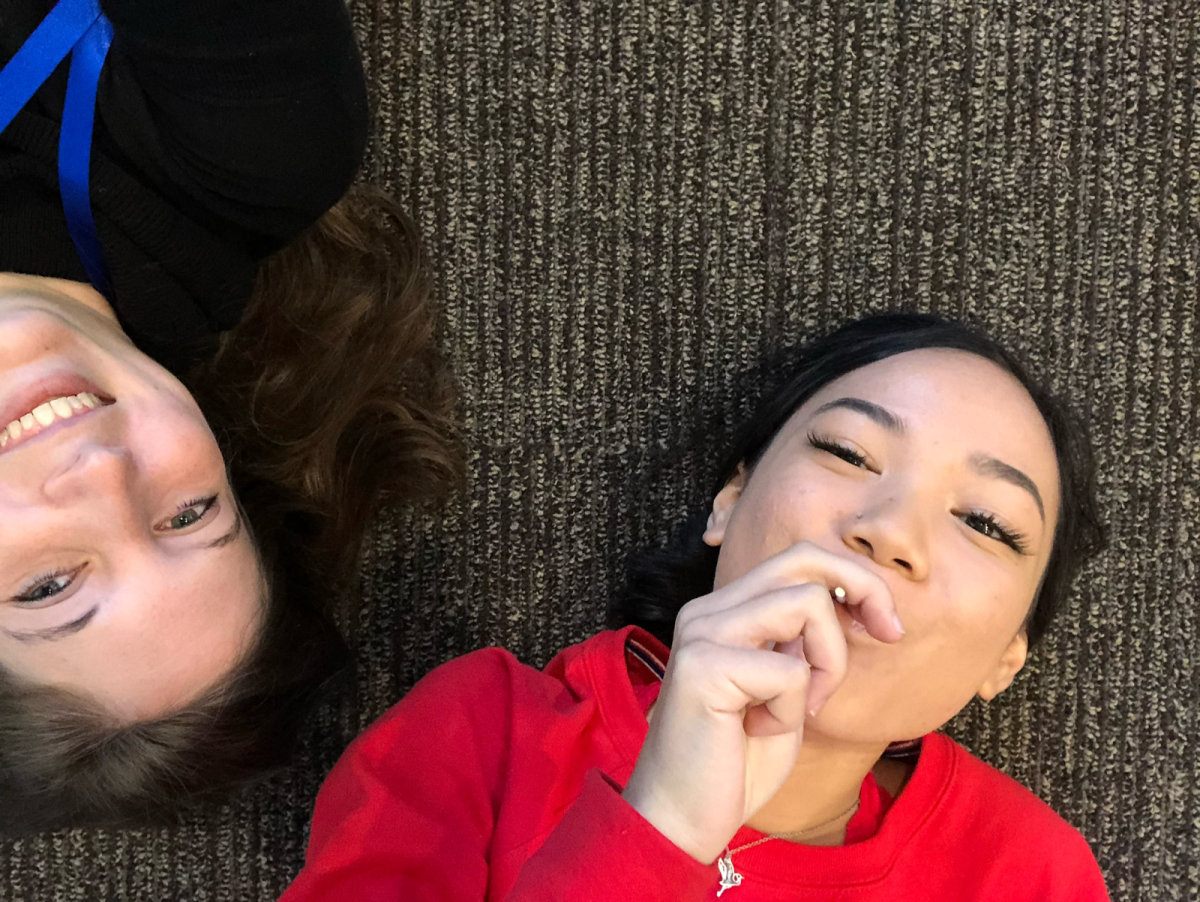Coming out as a member of the LGBTQ+ community is difficult regardless of celebrity status. But when the world has its eyes on you and coming out becomes a public affair, the scale is clearly larger. Recently, actor Elliot Page (born Ellen Page) came out as transgender. He posted a long statement on Instagram, balancing the joy of the moment with an acknowledgement of the presence of hostility towards the transgender community.
First, the joy: “I can’t begin to express how remarkable it feels to finally love who I am enough to pursue my authentic self.”
Multiple celebrities jumped at the opportunity to show support for Page, and some of the comments were especially sweet. Patrick Stewart wrote “Elliot, I am so proud to be your friend,” and Page’s co-star Aidan Gallager in the series The Umbrella Academy, said “I love you and I’m so proud of you and your leadership!”
Of course, Page anticipated less favorable reactions as well. He says that “despite feeling profoundly happy,” he is scared of the “invasiveness, the hate, the ‘jokes’ and of violence.” Though less immediately visible than the positive response, negativity did surface. Right-wing commentator Ben Shapiro posted a video titled “Actress Ellen Page Declares She is a Man Named Elliot.” The video was quickly addressed by other creators, such as youtuber Nadia Bokody who labeled Shapiro’s rant a “meltdown.”
Page’s coming out sparked tensions in the LGBTQ+ community as well. Some lesbians viewed it as a personal loss, since Page was previously known to the world as a lesbian woman. In an article for Slate, “No, Elliot Page Is Not Abandoning Lesbians,” Evan Urquhart argues there is no need for division in a community that should support each other, but points out that this division is only coming from a small minority. “It’s important for people to understand that the vast majority of lesbians and queer women reject this mentality of choosing sides, of considering transgender identities a threat or counting each transitioning butch a ‘loss’ for the lesbian team,” writes Urquahart.
But with Page’s acknowledgement of transphobia comes a promise: “To all the trans people who deal with harassment, self-loathing, abuse and the threat of violence everyday: I see you, I love you and I will do everything I can to change this world for the better.” Trans representation in Hollywood is growing, and people like Elliot Page are committed to using their platform to make a difference.
